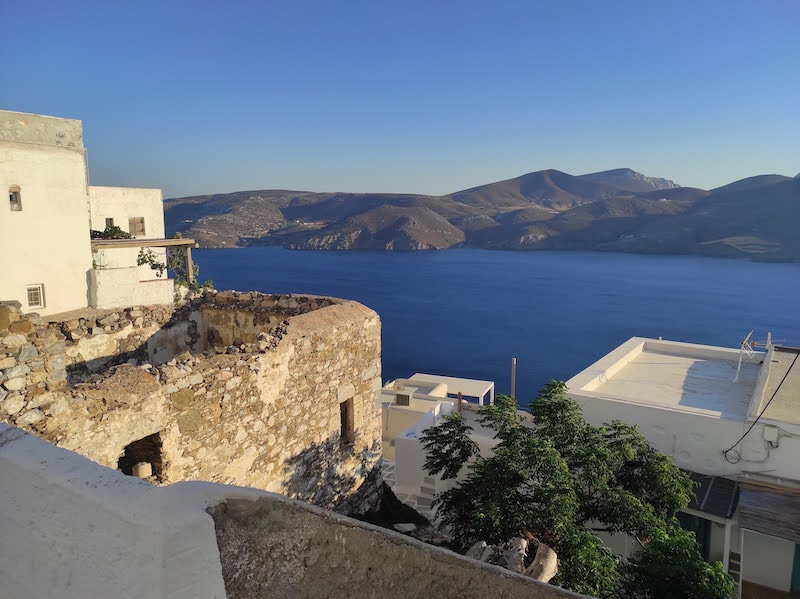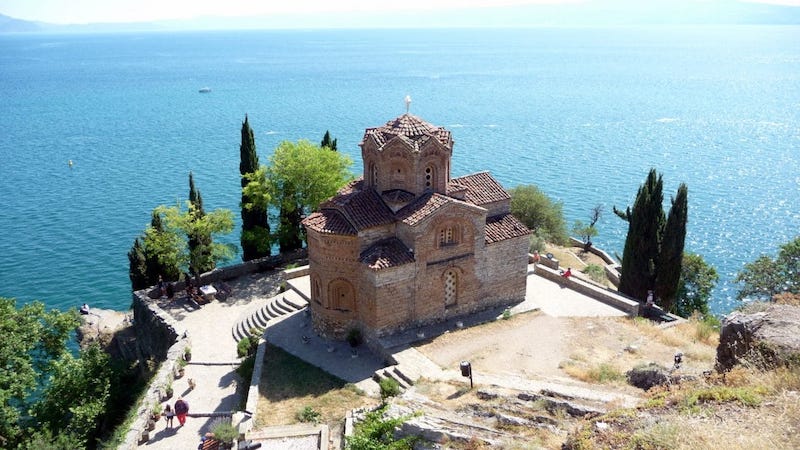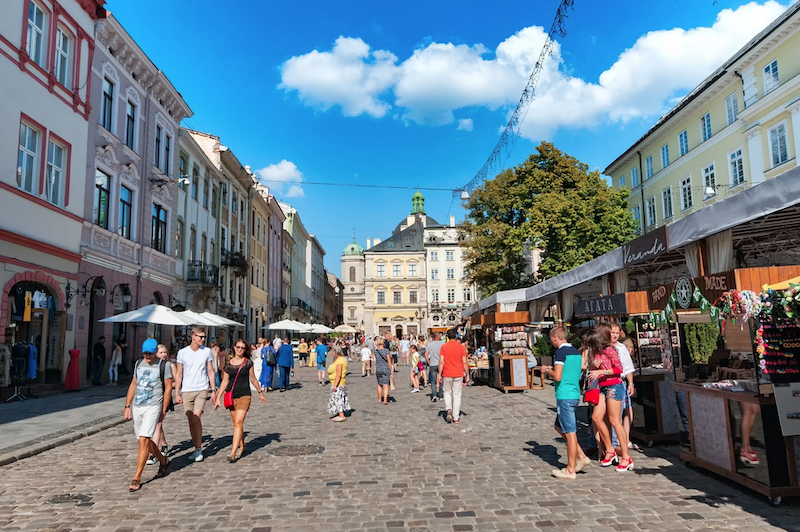Despite the heat and wildfires, Greece is still one of the most popular holiday destinations in Europe. But Greeks themselves can barely afford a holiday in their own country.
“I chose to have a vacation in my city, taking a few days off work in August,” says Katerina, a freelancer who lives and works in Athens.
According to the Greek Institute of Retail Consumer Goods, one in two Greeks will not holiday this summer, while four in ten who intend to go will cut their spending by more than 50 per cent.
They decide to stay in friends’ or family’s summer houses (26 per cent) and, according to the Business and Retail Association of Greece, save money on essential goods and services. 45 per cent of Greek consumers prefer to save money by cooking during their holidays, and only 16 per cent buy souvenirs or other products such as clothes or jewellery.
“To go to a Greek island is an elusive dream,” says Marita Meleti, a private employee.
In popular destinations such as Mykonos, Santorini, Sifnos, Paros and Milos prices start at 120 euros for a double room. The costs of a ferry ticket to island destinations can often exceed the accommodation cost.
MEGA TV channel reports that a family of four travelling to the island of Paros in July has to spend around 400 euros for economy class tickets. By car, the amount will exceed 600 euros. The cheapest accommodation will cost around 900 euros for six nights. Add to that the costs for food, entertainment, and entry to the beaches, and the total amount will reach 3,000 euros. With an average salary of 1,176 euro per month in Greece this means a significant burden on a family budget.
This year, the figures for domestic tourism are at the same level as in 2022. After almost two years of the pandemic and health restrictions, Greeks hugely needed to vacation, but three in four Greeks said that they would reduce their holidays due to financial constraints. One in four in 2022 said that they would not go on holiday at all.






